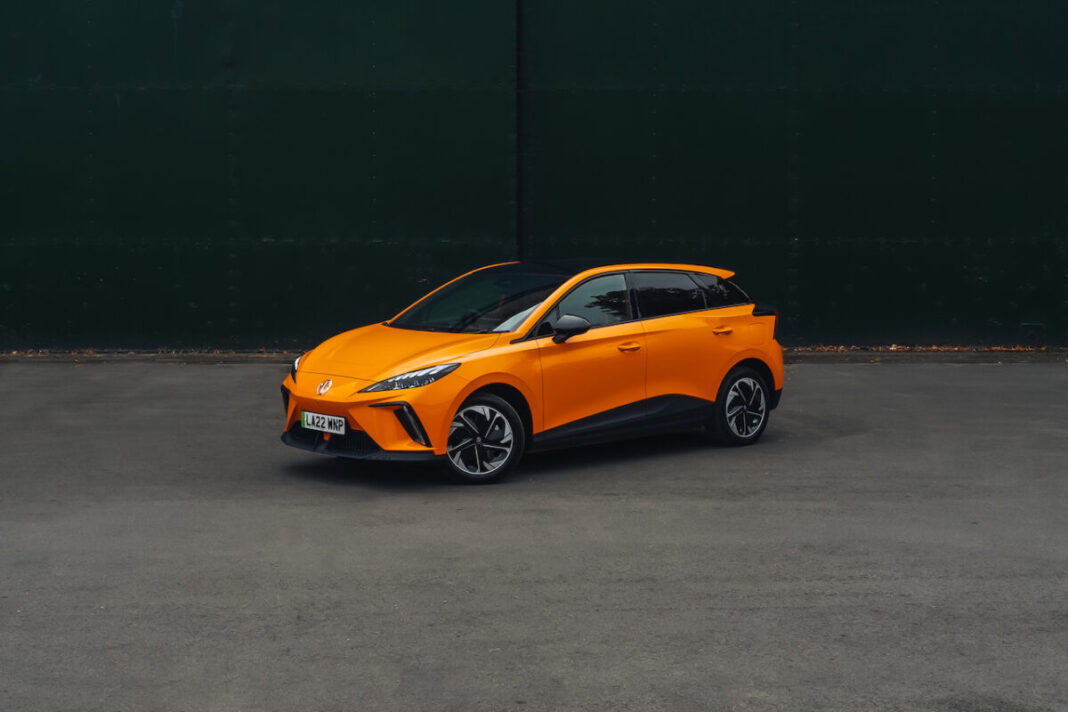Beibei Sun believes the time has come for the UK and EU markets to embrace Chinese OEMs and work alongside them.
The pressure is on for electric vehicle (EV) makers in Europe. Many are warning that Zero Emission Mandates are simply not doable, and subdued levels of demand for new EVs could force them to cut jobs and close factories. Should the industry embrace Chinese capability before it’s too late?
Since 1992, China’s steadfast support for new energy R&D—bolstered by EV-focused policies from 2007—has built a stable foundation, enabling its EV sector to invest, innovate, and excel on the global stage. Car makers in Europe shouldn’t expect to catch up overnight, but they could achieve economic benefits and grow sustainable EV industries by taking a more collaborative approach.
Responding to the concerns of UK-based car makers, which could be forced to pay out £6bn (US$7.6bn) to meet 2024’s EV sales mandate, the UK Government is consulting on current legislation and considering incentives to boost demand. Time is of the essence, because OEMs are currently having to invest in both internal combustion engine (ICE) and EV production for the same market size.
Like the US and Canada, the EU Commission has recently imposed tariffs on Chinese EV imports to buy time for national industries to catch up, quoting ‘unfair subsidisation’ of Chinese makers as the reason for this protectionist move. Rather than following suit, the UK Government is listening to industry analysts concerned that failing to embrace Chinese capability when it is already so far ahead could be shooting Britain’s developing EV industry in the foot. The fact is that EV sales growth has slowed mainly due to higher price points compared to ICE vehicles and a lack of charging infrastructure. Tariffs are simply adding to the upward pressure on prices and risking trade retaliation at the same time.
Chinese EV manufacturing capability is already present in the UK. Owned by SAIC Motor, a Chinese state-owned car manufacturer, MG has seen EV sales increase significantly in recent years and is now the second best-selling manufacturer of EVs in the country.

Instead of trying to contain the ‘invasion’ of Chinese imports, the UK’s EV industry is waking up to the idea that collaboration could bring benefits. Much like the Japanese government’s collaborative partnership with the Association of Southeast Asian Nations (ASEAN), which is supporting the introduction of competitively priced EV ranges by Honda and Nissan, a more welcoming strategy is needed.
Policy makers in the UK and Europe should focus on making global industry collaboration more effective. This approach would not only create jobs and boost the economy, it would also upgrade the domestic supply chain and facilitate technology transfer to improve local capability. Any uptick in EV sales growth would also assist governments in achieving their net zero by 2050 goals.
A balanced approach is needed to ensure EV collaborations are a win-win for all those involved. For example, restrictions imposed on entry to the UK market could ensure that the right balance is maintained regarding the proportion of locally or globally sourced parts over time as domestic capability increases. In areas such as battery manufacturing, long-term technology transfer and sourcing commitments could help to strengthen the UK’s skills base and ring fence critical raw materials. For Chinese manufacturers, knowing where to locate and achieve integration as EV demand increases is likely to require support.
The time has come to embrace Chinese capability, accelerating the way to a sustainable domestic EV industry and the achievement of net-zero emissions goals.
The opinions expressed here are those of the author and do not necessarily reflect the positions of Automotive World Ltd.
Written by Beibei Sun, Managing Consultant and Automotive Sector Specialist, Vendigital.
The AutomotiveWorld.com Comment column is open to automotive industry decision makers and influencers. If you would like to contribute a Comment article, please contact [email protected]

